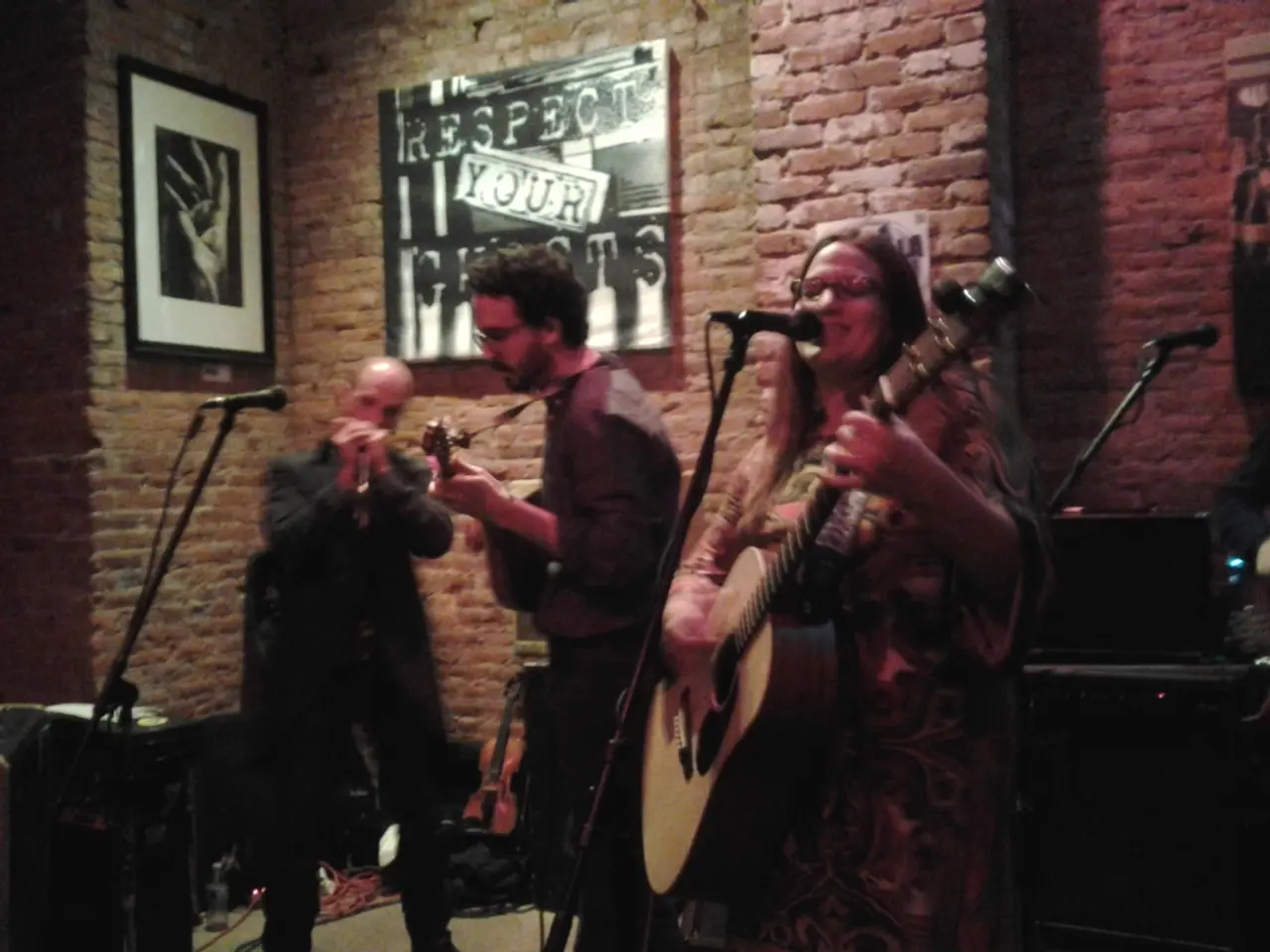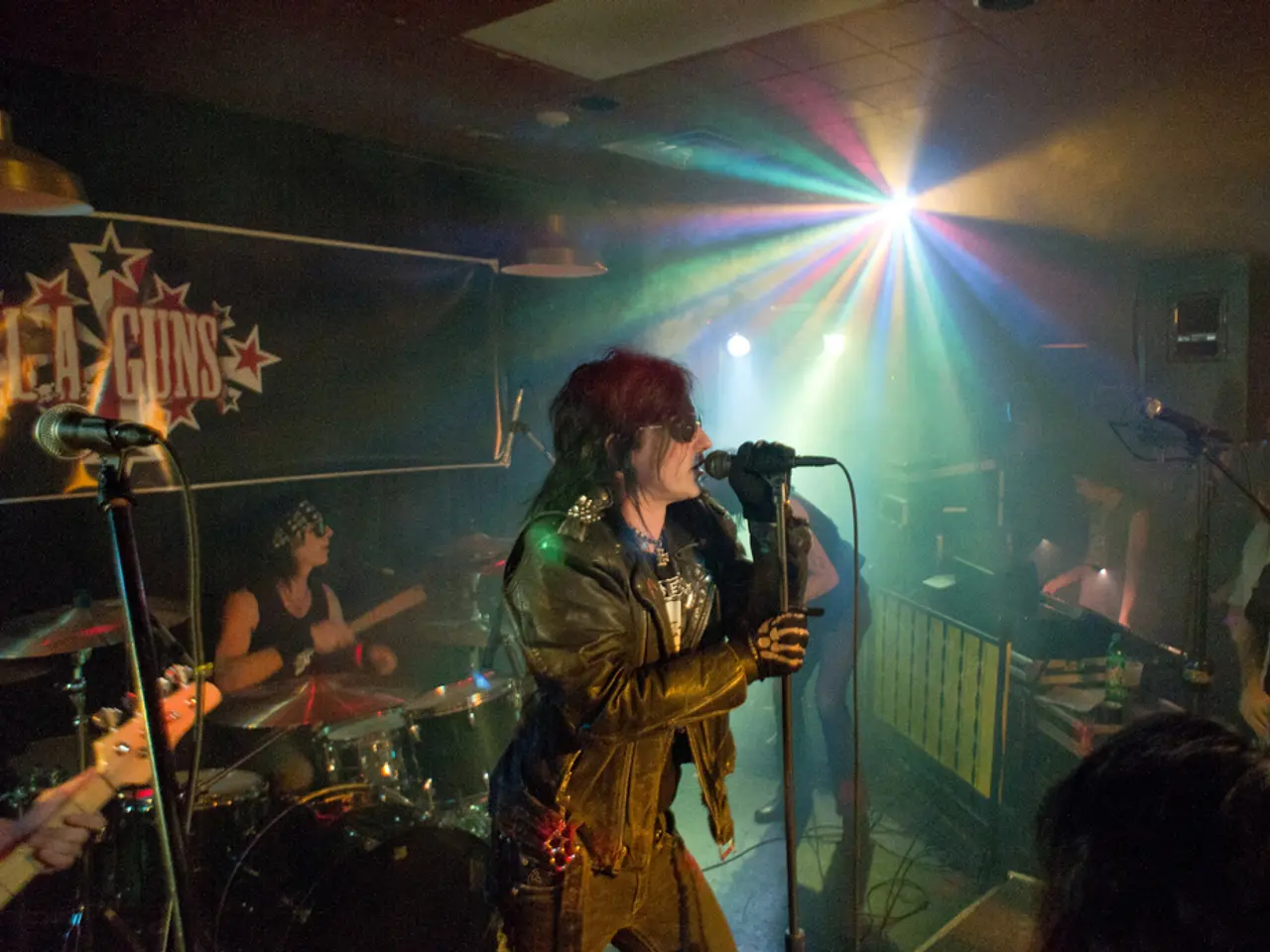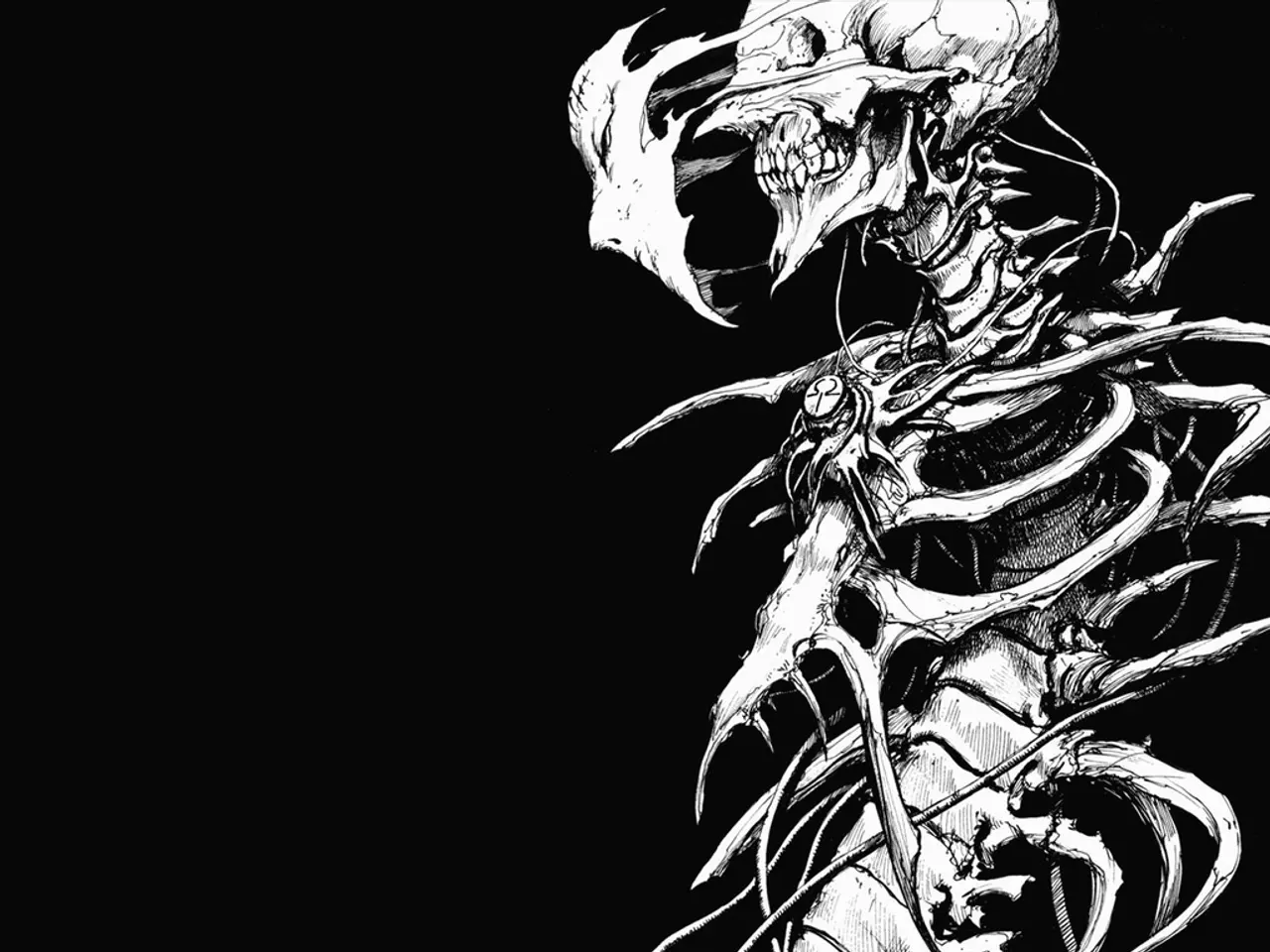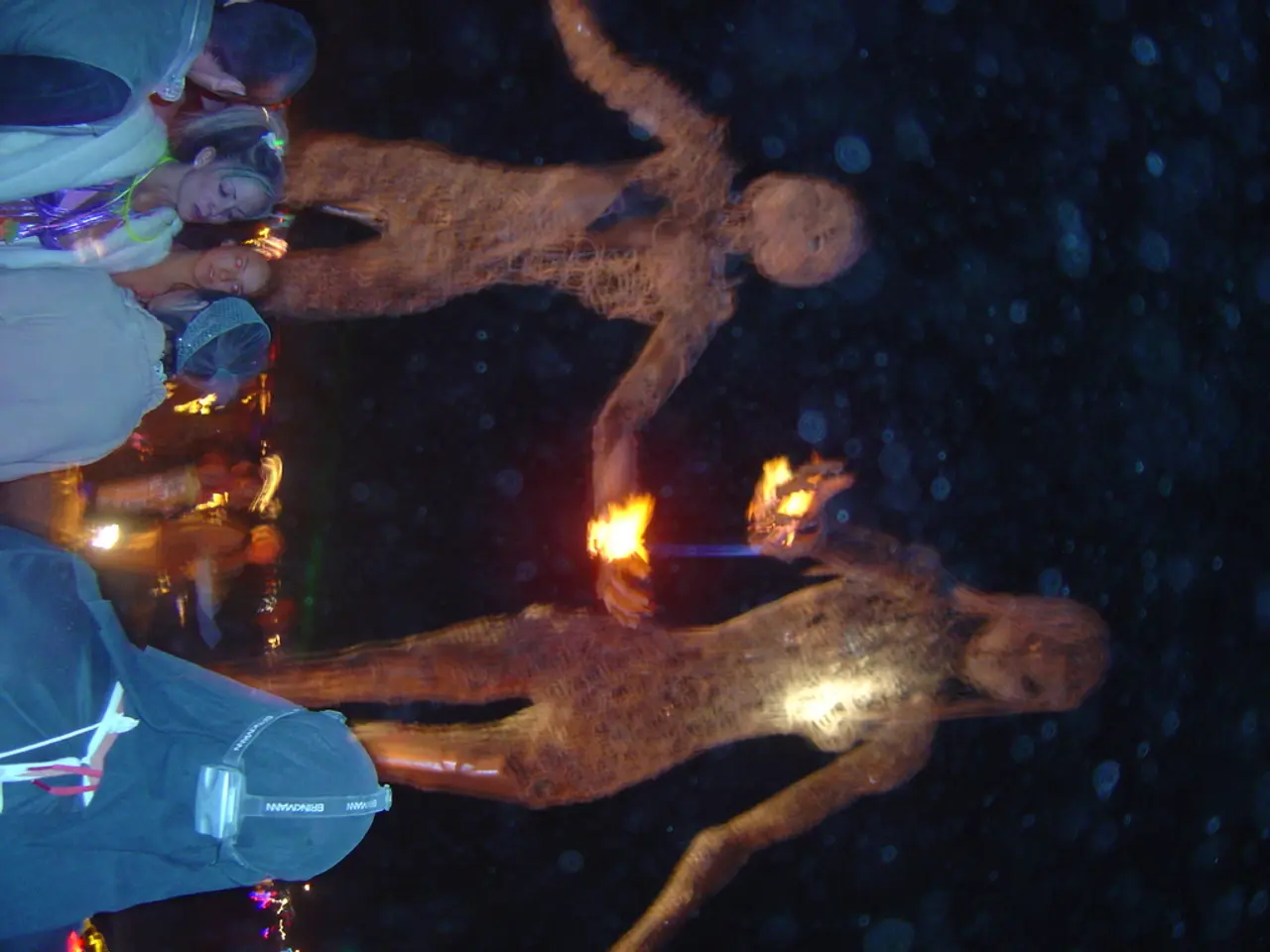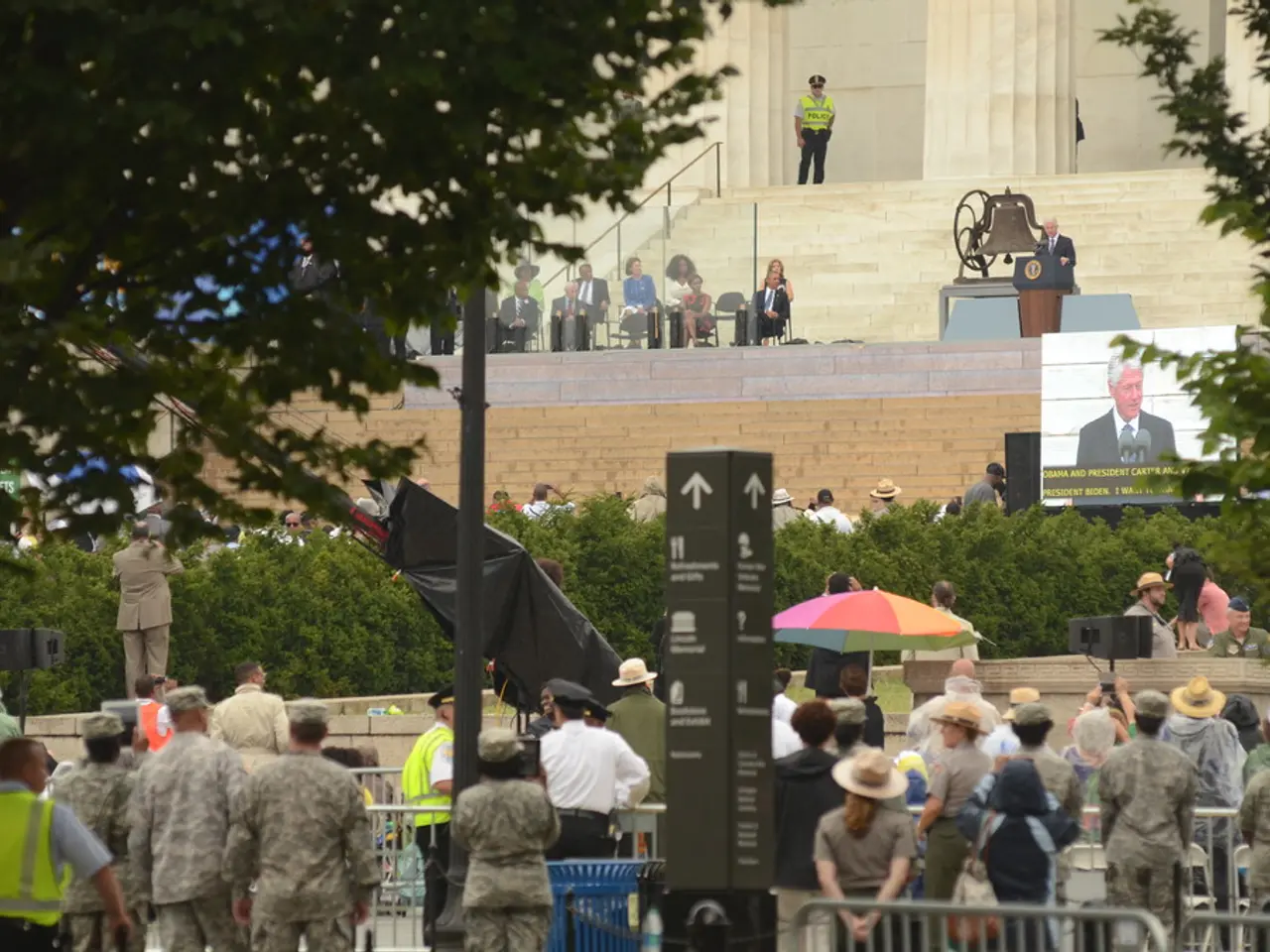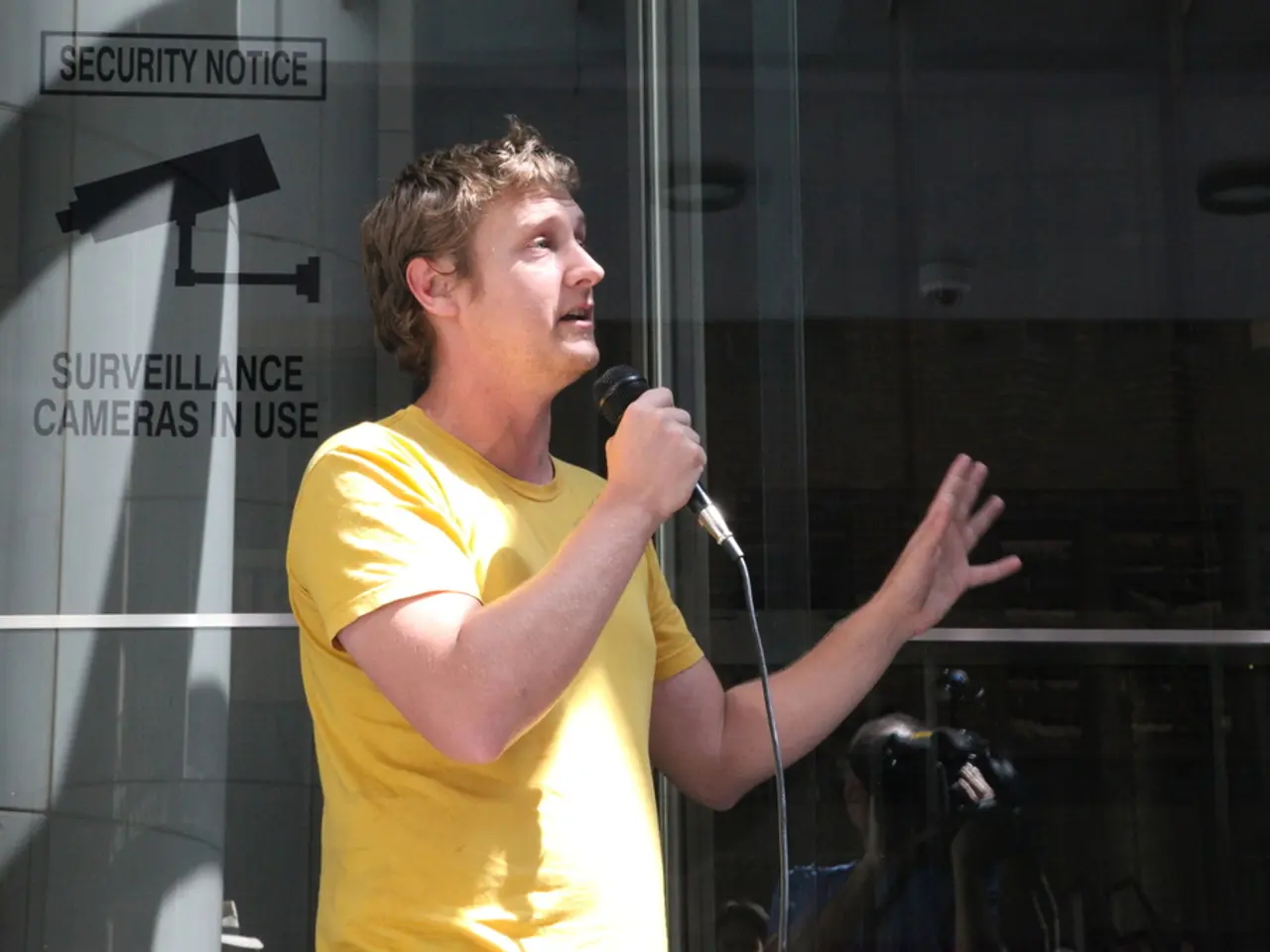Choir of Beth El lends voice to the struggle against the inevitable passage of time
In the heart of Brooklyn's Borough Park neighbourhood, the Young Israel Beth El Synagogue has long been a beacon of Jewish life and tradition. Among its many treasures, the Aaron Miller Memorial Choir stands out as a testament to the power of music and memory.
Named in honour of Aaron Miller, a respected community member whose legacy continues to inspire, the choir plays a crucial role in enriching the synagogue's services, fostering a sense of community, and preserving the rich tapestry of Ashkenazi liturgical music.
The choir's history, however, remains shrouded in the annals of the synagogue's archives, waiting to be uncovered by those who seek to delve deeper into its story. What is known is that the choir, much like other memorial choirs, was established to honour Aaron Miller's dedication to the community and to keep his memory alive through the power of music.
In September 2020, a new voice joined the choir under the guidance of Cantor Benzion Miller, a figure of immense respect in the Orthodox community. The choir, at the time, was a training ground for young singers, including Yanky Lemmer, Ushi Blumenthal, and Beryl Zucker, who would go on to make their own mark in the world of Jewish music.
Cantor Benzion Miller, presiding at the pulpit at Beth El for over four decades, brought with him a unique style of prayer leading. Unlike his contemporaries, he did not adhere to a mutually agreed upon repertoire of set melodic forms. Instead, his performances were marked by virtuosic cantorial improvisation and a signature vocabulary of Jewish vocal techniques.
The author, who joined the choir during this time, found themselves drawn into a world of intense concentration and focus. Services often lasted between three and four hours, an exercise in sustained devotion. The author's year of study with Cantor Benzion Miller and his single High Holidays performance with him only scratched the surface of the technical knowledge and insights into the life of the music.
The choir, informal and without rehearsals, relied on the participants' familiarity with the style and their ability to harmonize on the fly. The author's experience, while brief, left a lasting impression, sparking a desire to revisit the experience and delve deeper into the world of Jewish prayer music.
As Cantor Benzion Miller's contract came to an end and his health began to falter, the choir stepped up to support him during his final year as High Holiday cantor at the Loop Synagogue in Chicago. Berel Tondowski, the proprietor of Mostly Music, provided his musical expertise to the choir, ensuring a fitting send-off for a man whose contributions to Jewish music were immeasurable.
The music of the emerging body of "live davening" recordings, which includes Cantor Benzion Miller's performances, is a testament to the shockingly and gloriously heterogenous nature of Jewish music. Reflective of a diversity of musical personalities, it stands as a vibrant reminder of the rich heritage and the enduring spirit of Jewish music.
As the Aaron Miller Memorial Choir continues to sing, it carries on the legacy of its namesake, enriching the spiritual and cultural fabric of the Young Israel Beth El Synagogue and the broader Jewish community. For those interested in uncovering the choir's full story, a trip to the synagogue's archives may well prove a rewarding journey.
The Aaron Miller Memorial Choir, a treasure within the Young Israel Beth El Synagogue, not only enriches the synagogue's services but also fosters a sense of community through the power of music. The choir, like a vibrant thread in the tapestry of Ashkenazi liturgical music, was instituted to honor Aaron Miller's dedication to the community and keep his memory alive.
